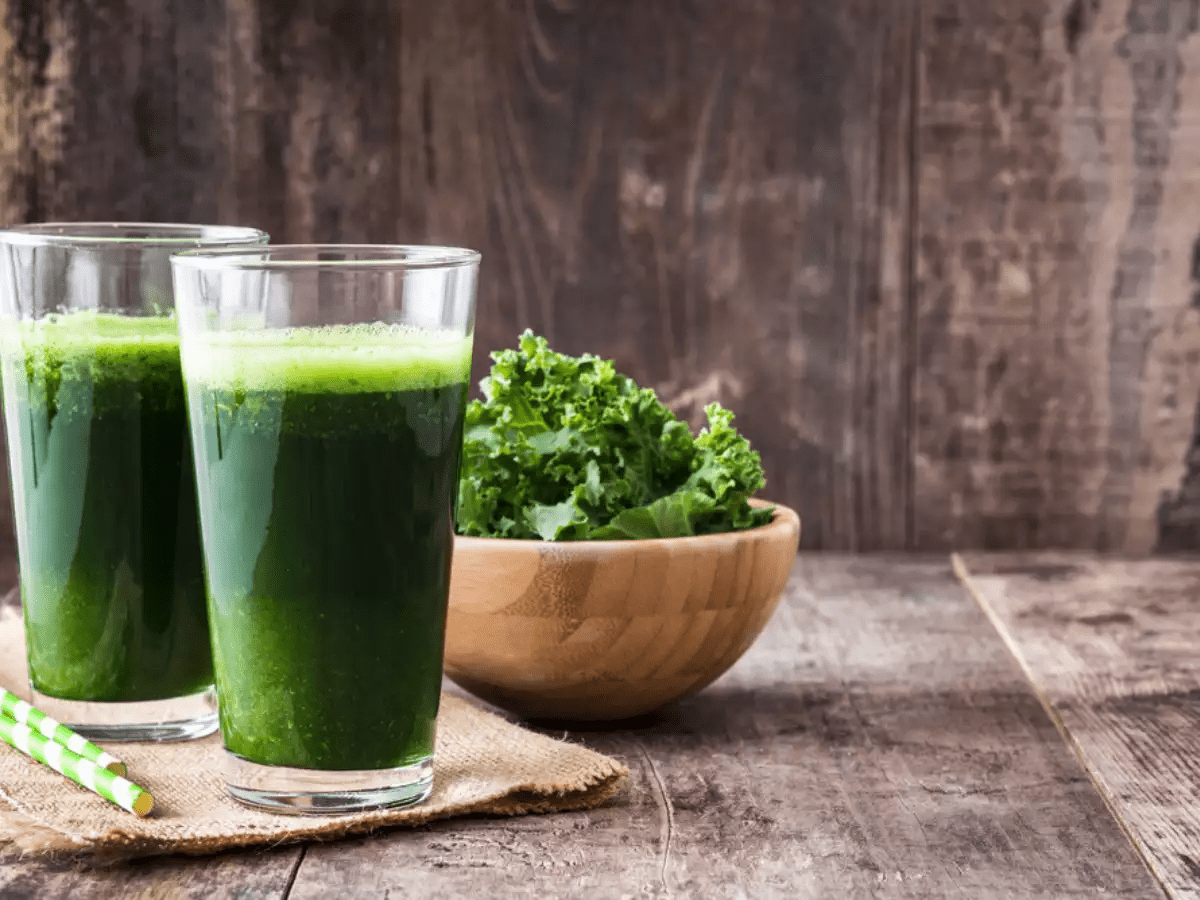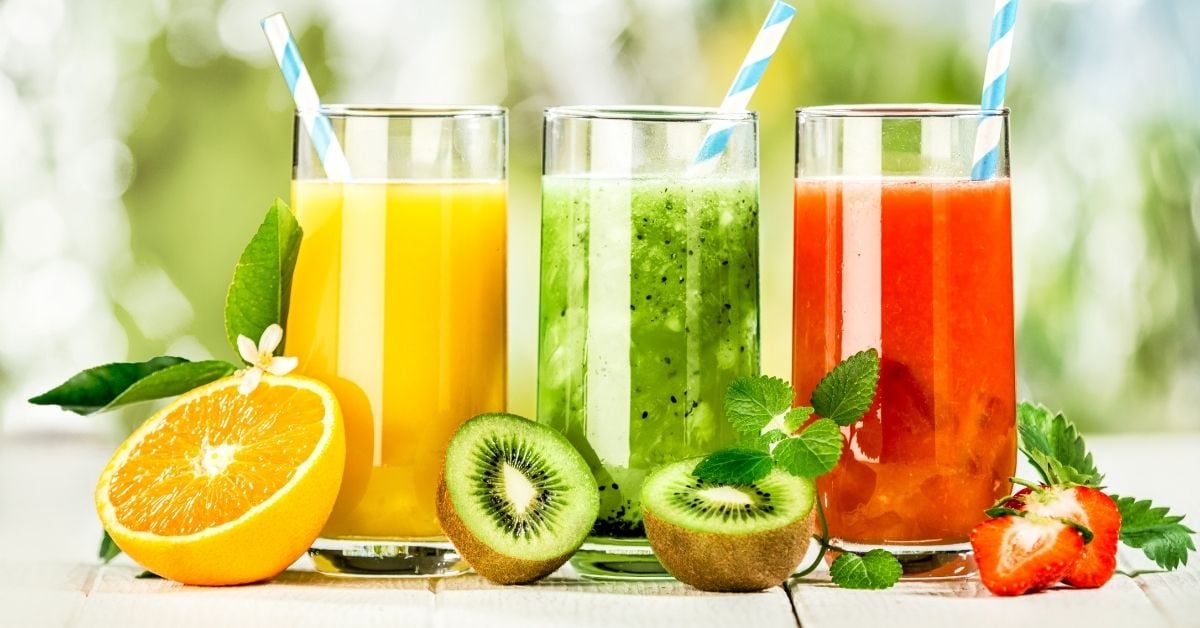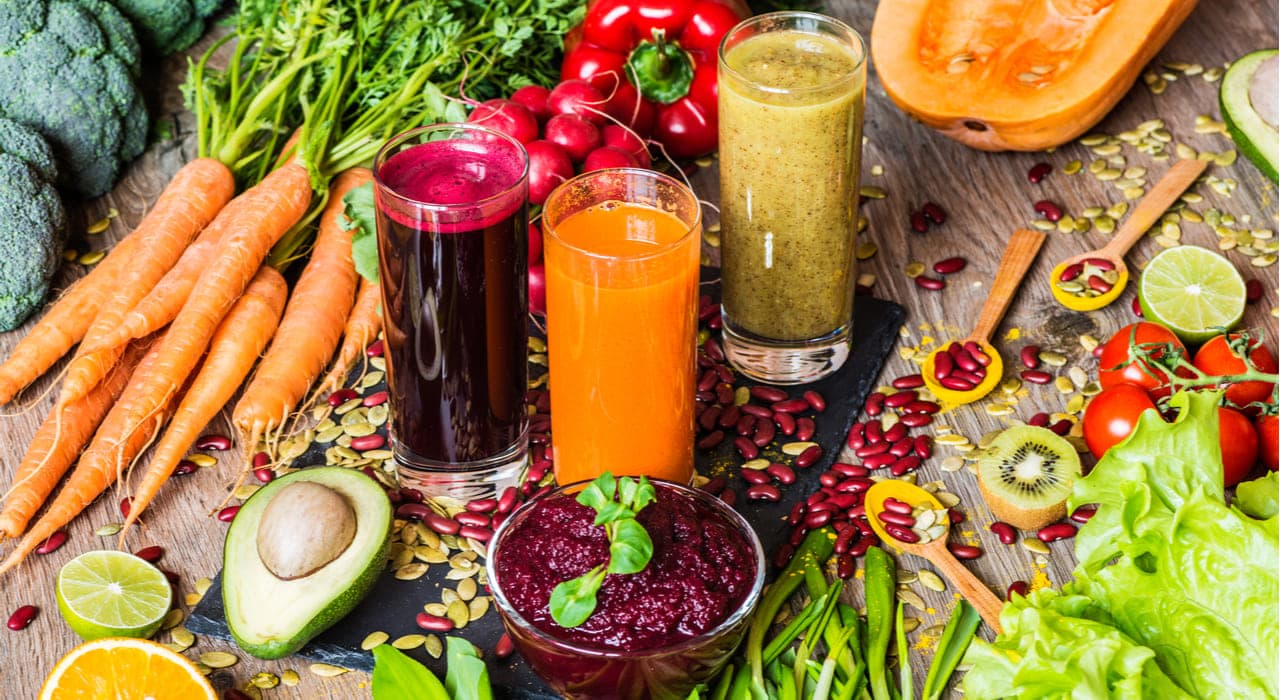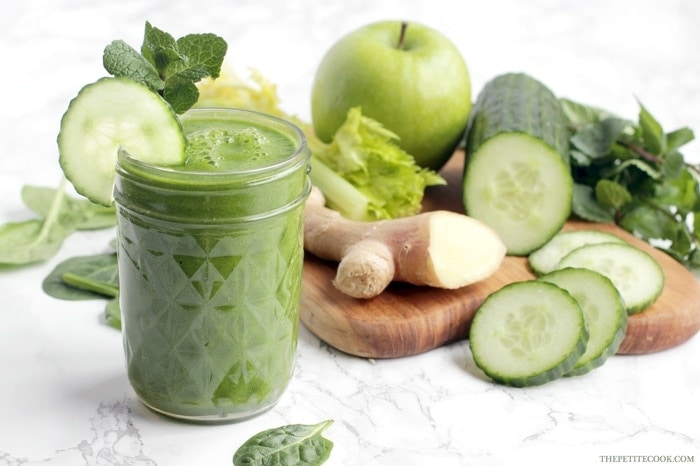Juicing is a popular dietary trend involving consuming juices from fruits and vegetables. The juice diet is a short-term meal plan that involves replacing meals with fresh juices. While juicing can offer numerous health benefits, avoiding certain mistakes when starting a juice diet is important. In this article, we will explore some common mistakes to avoid when starting a juice diet.
Not Eating Enough Fiber
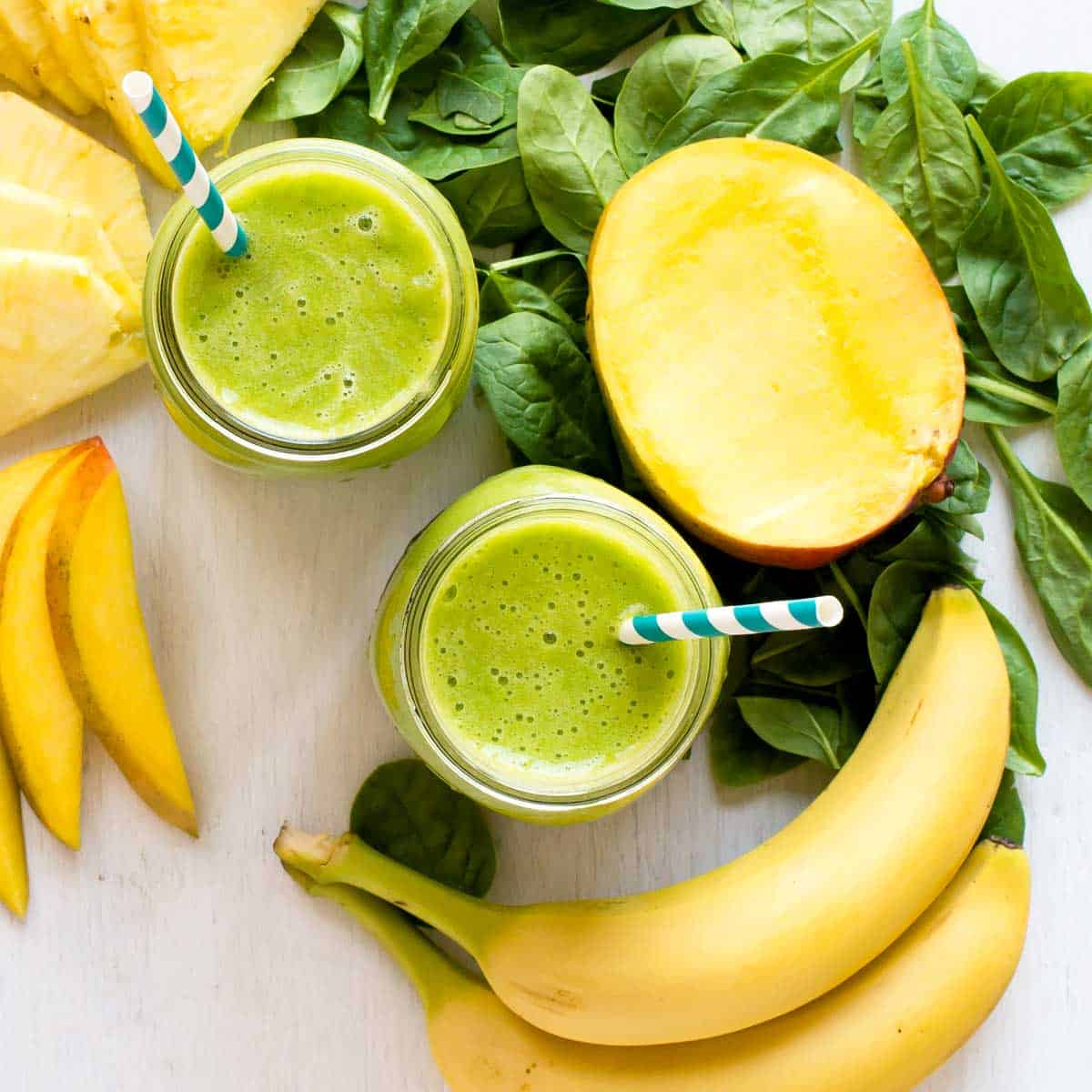
Fruits and vegetables are excellent fiber sources, essential for maintaining healthy digestion and regulating blood sugar levels. Juicing removes the fiber from fruits and vegetables, which can lead to constipation and unstable blood sugar levels. To avoid this mistake, it is important to include fiber-rich ingredients, such as leafy greens, in your juices or to consume whole fruits and vegetables in addition to your juices.
Not Drinking Enough Water
Juices can be a great source of hydration, but they should not replace water altogether. Drinking plenty of water throughout the day is important to stay hydrated and help flush out toxins from the body. In addition, drinking water can help to prevent constipation, which can be a common side effect of the juice diet.
Not Consuming Enough Protein
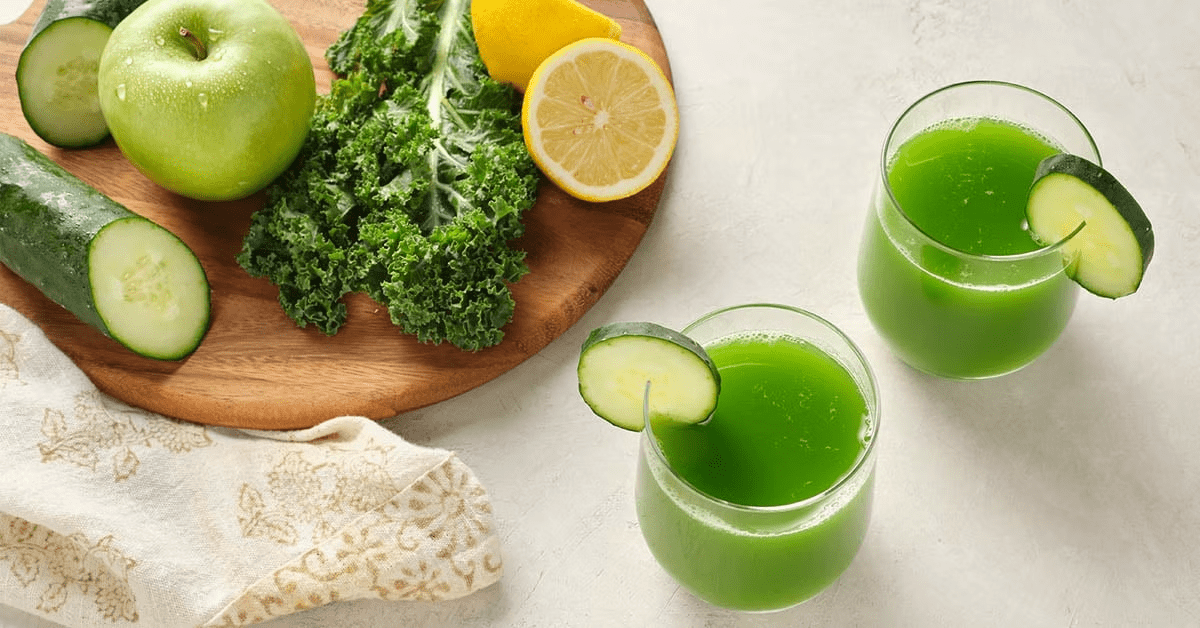
Protein is essential for building and repairing muscles and maintaining healthy hair, skin, and nails. While fruits and vegetables can contain small amounts of protein, they are not a reliable source of this essential nutrient. To avoid this mistake, it is important to include protein-rich ingredients, such as nuts, seeds, and protein powder, in your juices or to consume a healthy source of protein, such as lean meat or fish, alongside your juices.
Not Consuming Enough Calories
The juice diet is a low-calorie meal plan, which can lead to weight loss. However, it is important not to consume too few calories, as this can lead to fatigue, dizziness, and other health problems. To avoid this mistake, consuming enough calories to meet your body’s energy needs is important. This can be achieved by including various fruits, vegetables, and healthy fats in your juices, or by consuming whole foods alongside your juices.
Consuming Too Much Sugar
Fruits and vegetables are naturally high in sugar, which can lead to unstable blood sugar levels and other health problems if consumed in excess. To avoid this mistake, balancing the amount of fruit and vegetable juice you consume with low-sugar ingredients, such as leafy greens, cucumbers, and celery is important. It is also important to avoid adding additional sugar to your juices, such as honey or agave nectar.
Not Considering Potential Health Risks
While juicing can offer numerous health benefits, it is important to consider potential health risks, particularly if you have a medical condition or are taking medication. For example, some medications may interact with certain fruits and vegetables, leading to adverse side effects. Additionally, some people may experience digestive issues or other health problems when consuming large amounts of raw fruits and vegetables. To avoid potential health risks, it is important to consult with your healthcare provider before starting a juice diet.
Not Incorporating Whole Foods
While the juice diet involves consuming juices made from fruits and vegetables, it is important to incorporate whole foods. Whole foods provide important nutrients, such as fiber, that are removed during juicing. In addition, whole foods can help to provide a sense of satiety and prevent overeating. To avoid this mistake, it is important to consume a variety of whole foods, such as lean protein, whole grains, and healthy fats, alongside your juices.
Conclusion
Starting a juice diet can be a great way to incorporate more fruits and vegetables into your diet and improve your overall health. However, avoiding the common mistakes outlined in this article is important to ensure that your juice diet is safe and effective. By consuming enough fiber, protein, and calories, balancing the amount of sugar in your juices, and incorporating whole foods into your diet, you can experience the numerous benefits of the juice diet without risking your health. As with any dietary or lifestyle change, it is important to consult with your healthcare provider before starting a juice diet, particularly if you have a medical condition or are taking medication.

